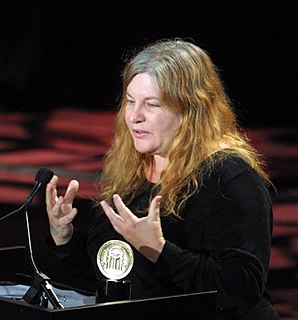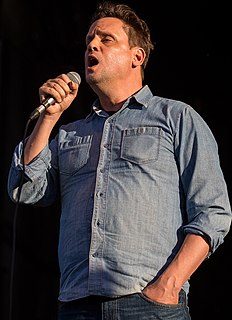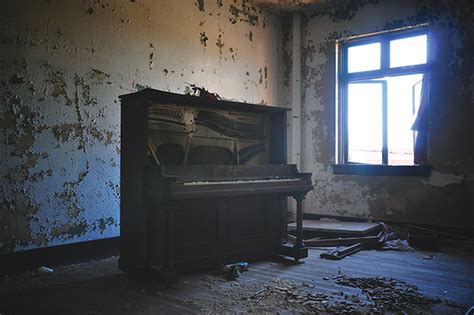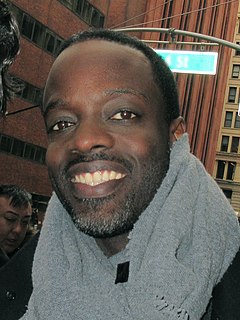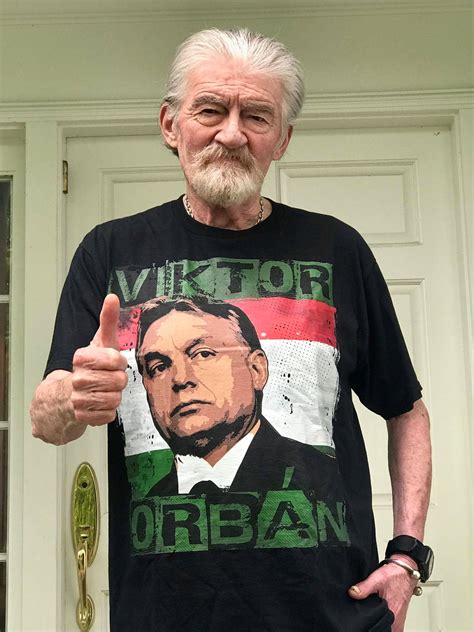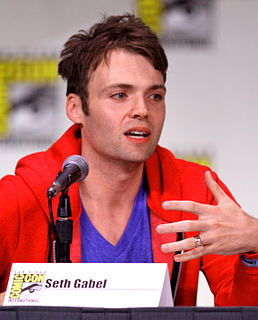A Quote by Steve Kornacki
I think a lot of people's memories of the '90s are nostalgic. The economy was pretty strong, there was good TV and movies, yet our politics were changing quickly and dramatically.
Related Quotes
I remember Geauga Lake. I remember Six Flags. I remember going to the mall. I hung out there. These big, grand places that served as pinnacles of the community were not only institutions or places of commerce. They were communal spaces where a lot of people went and shared good memories. These are very nostalgic places.
I tend to believe that film can try to save what still can be saved, in terms of our histories, our memories. Because a lot of things are disappearing very quickly, things are changing. We are living in very quick times, and we have a new generation who basically know nothing about events 30 years ago.
The way that people are watching TV is changing. The landscape of television is changing. Movies are becoming much more insular. They're like a walled garden, where you know what you're going to see and you expect it. But in the world of TV, because it's episodic, you can explore any area because you have time to do that. You can take risks on the kinds of storytelling that you're doing.




